|
LISTEN TO THIS THE AFRICANA VOICE ARTICLE NOW
Getting your Trinity Audio player ready...
|
When the board members of the Central Organization of Trade Unions (COTU) stepped before the press on April 29, their message was clear: Francis Atwoli is their man, again. In what felt more like a coronation than a contest, the long-serving Secretary General received an unopposed nod from his peers to continue leading the country’s largest and most influential labour union.
“We, as the board, have already endorsed Atwoli as our candidate. We don’t have any other candidate among ourselves,” one board member stated, laying to rest any speculation of an internal contest. And just like that, Atwoli’s journey toward another term began, uninterrupted.
But behind the formal declaration lies a story that’s stirring conversations far beyond union halls and press conferences. Atwoli’s grip on COTU is nothing short of legendary. Having assumed the Secretary General role in August 2001, he has weathered two decades of political and economic storms, served under five presidents; from Jomo Kenyatta to William Ruto, and somehow remained the towering voice of Kenya’s labour movement through it all.
His supporters, especially within COTU’s inner sanctum, see him as irreplaceable. They argue that his decades of experience and international labour connections have elevated the Kenyan workers’ agenda on the global stage. “COTU has its rightful members and a constitution to follow,” the board member said, adding that anyone seeking to lead must come from within the trade union movement—not from “the streets.”
But that’s where the story takes a provocative turn.
In the court of public opinion, Atwoli is both revered and reviled; depending on whom you ask. His recent spat with governance advocate Hanifa Adan has reignited debates about generational leadership in Kenya. In a scathing op-ed titled “The Lie We Grew Up With: You’re Tomorrow’s Leaders,” Hanifa challenged the notion that Kenya’s youth will inherit the mantle of leadership. Using Atwoli as a prime example, she called out what she sees as a troubling trend of entrenched power in public institutions.
“The most glaring example of this,” Hanifa wrote in the Nation newspaper, “came just the other day when members of the Central Organization of Trade Unions (COTU) once again endorsed Francis Atwoli… Let that sink in.”
The op-ed struck a nerve. Atwoli responded with fury and flamboyance, as is his style. In a blistering post on X (formerly Twitter), he dismissed Hanifa as a “Super-Young-Con-Woman,” accusing her of mismanaging public funds raised during the June 25th protests. “She should be the last person lecturing anyone on leadership,” he wrote. Atwoli doubled down, saying youth leadership is more than a title: “We already have young people on the COTU executive board. Leadership is not about positions—it’s about responsibility.”
At the heart of the controversy is a simple question: Who gets to lead in Kenya’s trade union space?
COTU’s board insists that only registered trade unionists; those who’ve been formally inducted through the Ministry of Labour, can vie for leadership positions. “If you are coming here with an NGO agenda, you’re in the wrong place,” one board member said. The warning seemed directed at outsiders eyeing COTU’s influence, but also served as a line in the sand in the ongoing generational standoff.
This hard stance underscores a deeper anxiety within Kenya’s political and institutional structures: the fear of change. While Atwoli claims his leadership is anchored in legitimacy and constitutional process, critics argue that repeated unopposed re-elections are a red flag, not a stamp of stability.
During a speech on April 12, Atwoli hinted at an impending exit, stating that President Ruto’s administration “might be the last I serve in as COTU SG before I retire back to Khwisero.” It was a rare moment of vulnerability from a man known for his bombast. Yet, as the 2025 COTU elections approach, there’s little evidence that he’s loosening his grip.
Atwoli has been re-elected unopposed multiple times. And despite murmurs of discontent, particularly from civil society and young activists, the COTU board remains firmly behind him.Whether seen as a symbol of resilience or resistance to change, one thing is clear: Francis Atwoli’s reign is far from over.
The lion of labour roars on.
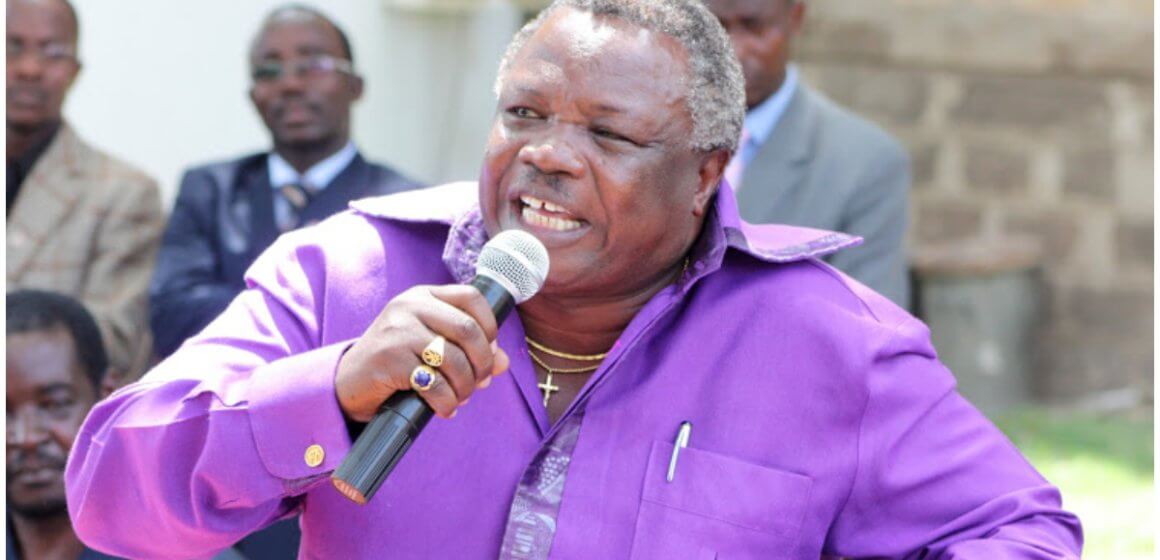
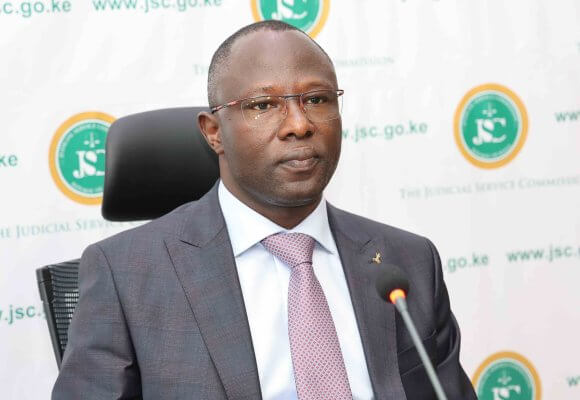

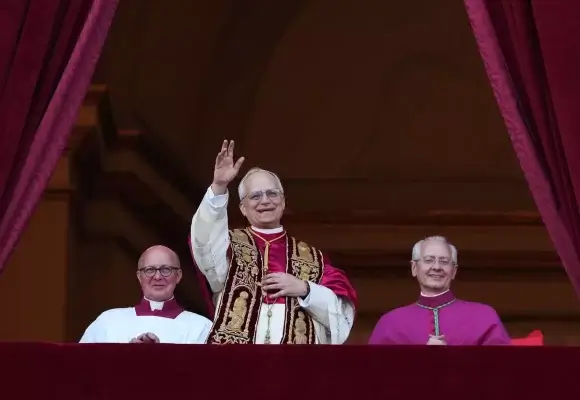
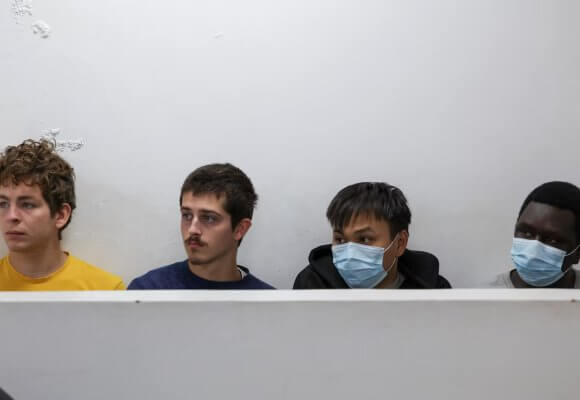



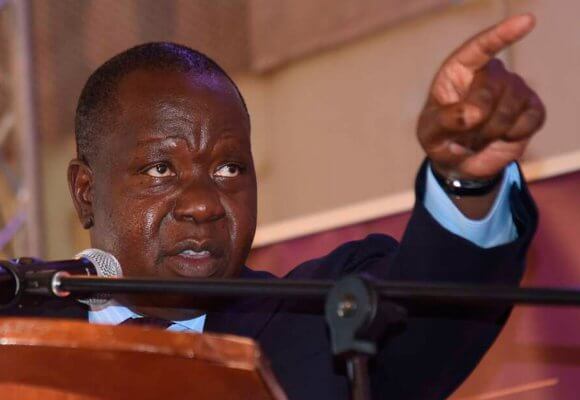


LEAVE A COMMENT
You must be logged in to post a comment.